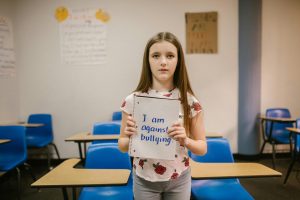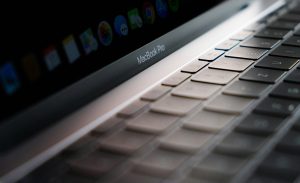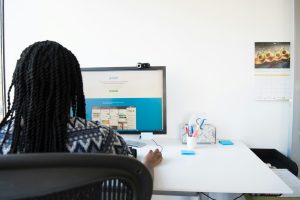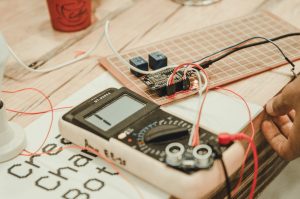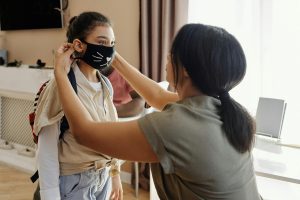Revolutionizing remote learning through early childhood education
In the wake of the COVID-19 pandemic, the world has been forced to adapt to a new way of living, working, and learning. With schools and educational institutions closing their doors to prevent the spread of the virus, the concept of remote learning has become the new norm. While it has presented its own set of challenges, it has also paved the way for innovative solutions, including the integration of early childhood education into the remote learning experience.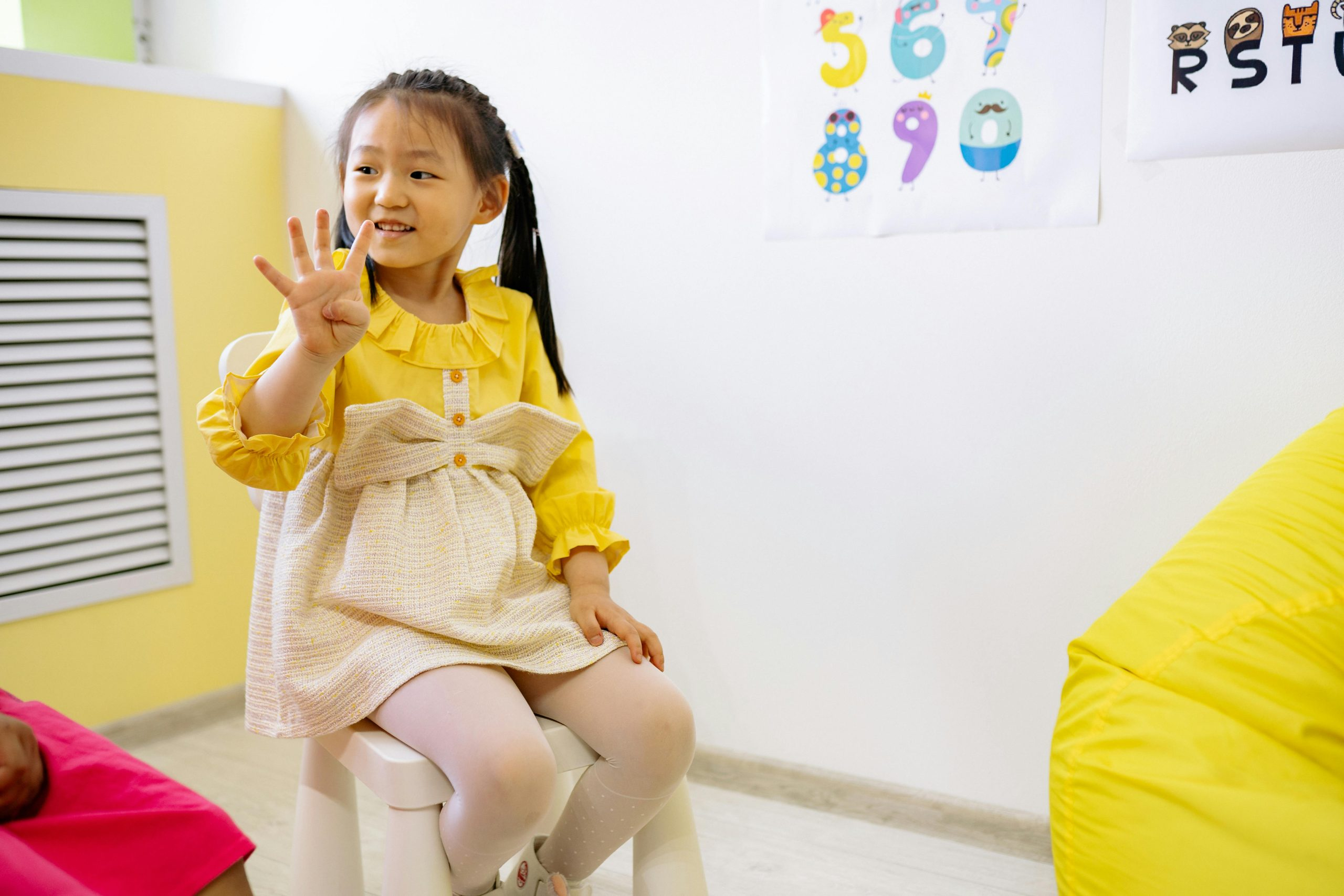
Revolutionizing Education at an Early Age
Early childhood education has always been a crucial element in a child’s development, fostering cognitive, social, and emotional growth during their formative years. However, with the shift to remote learning, the question arises, can this vital aspect of education still be fulfilled?
The Challenges of Remote Learning in Early Childhood Education
The answer is not a simple one. Remote learning has its limitations, particularly in the early years of education. Young children require a hands-on, interactive learning environment, which is not always possible with remote learning. It also poses challenges for teachers who have to adapt their teaching methods to a digital platform.
Furthermore, not all families are equipped with the necessary technology and resources for remote learning, making it difficult for children to access quality education. This digital divide has exacerbated existing educational inequalities, making it challenging for children from disadvantaged backgrounds to receive the same level of education as their peers.
The Benefits of Integrating Early Childhood Education into Remote Learning
Despite these challenges, the integration of early childhood education into remote learning has the potential to revolutionize the way children learn. By incorporating technology into the learning experience, children can engage with interactive and stimulating content, improving their cognitive abilities. It also opens up opportunities for more immersive learning experiences, such as virtual field trips and online games, which can make learning more fun and engaging for young children.
The remote learning setup also allows for more personalized learning experiences, with teachers having the time and flexibility to cater to each child’s individual needs. This can be particularly beneficial for children with learning differences, who may thrive in a more focused and individualized learning environment.
The Role of Parents and Caregivers
As remote learning requires parents and caregivers to play a more active role in their child’s education, it provides the opportunity for them to be more involved and engaged in their child’s learning journey. With guidance from teachers, parents can create a conducive learning environment at home and actively participate in their child’s education, strengthening the parent-child bond.
Furthermore, remote learning allows parents to gain a better understanding of their child’s learning abilities and challenges and enables a more collaborative approach to their education. This partnership between parents, teachers, and children is crucial in ensuring a holistic and effective early childhood education experience.
In Summary
The integration of early childhood education into remote learning has its challenges, but it also presents significant opportunities to revolutionize the way children learn. By leveraging technology and fostering collaboration between teachers, parents, and children, remote learning can provide a holistic and engaging learning experience for young children.

